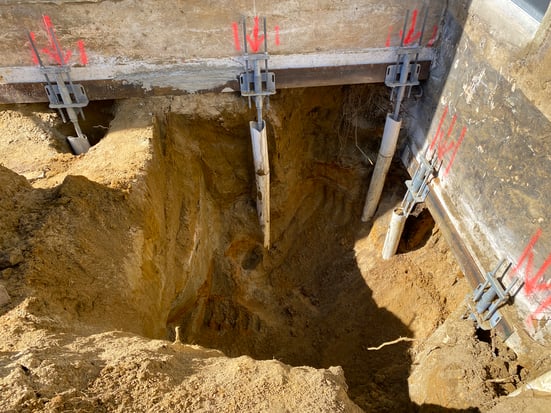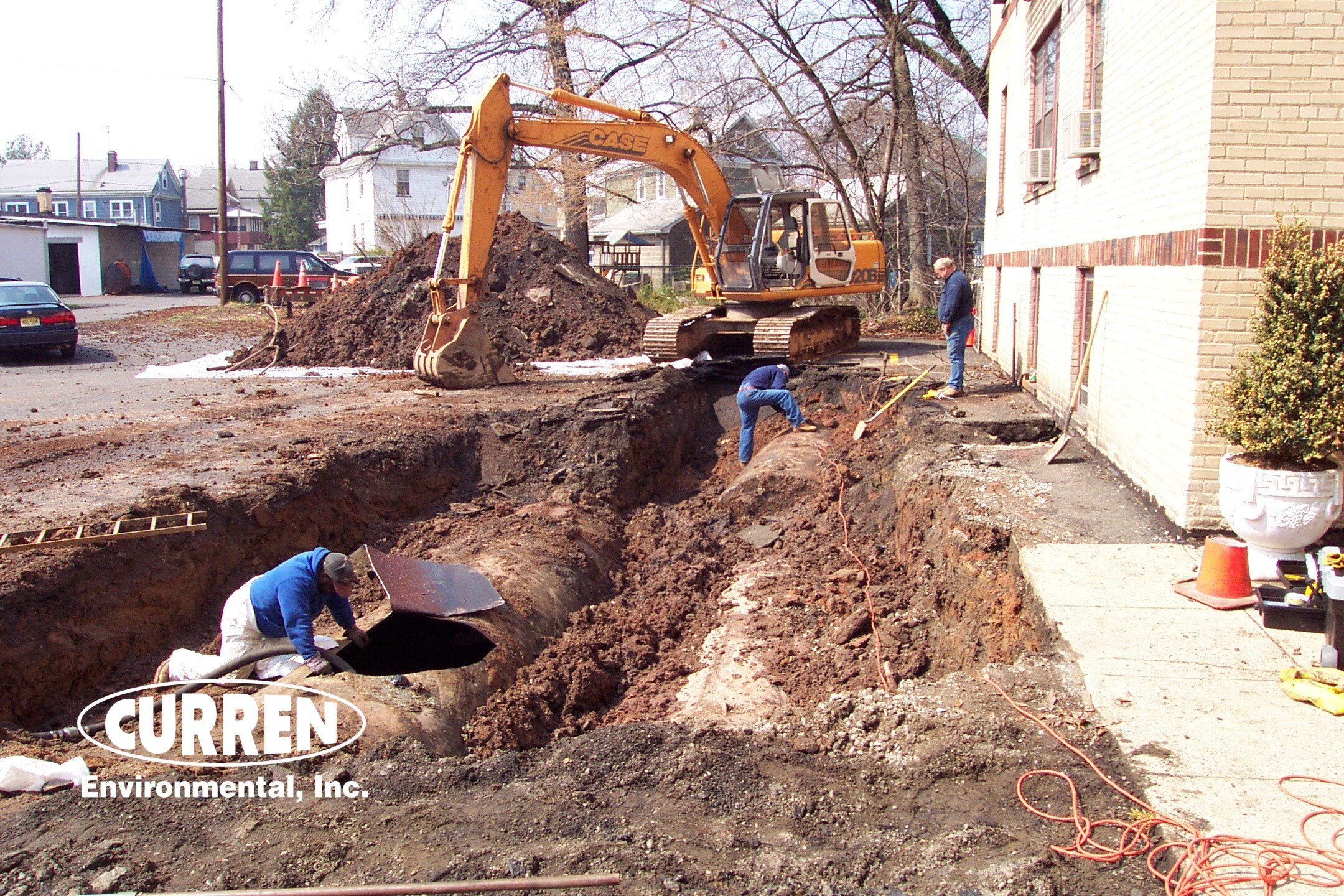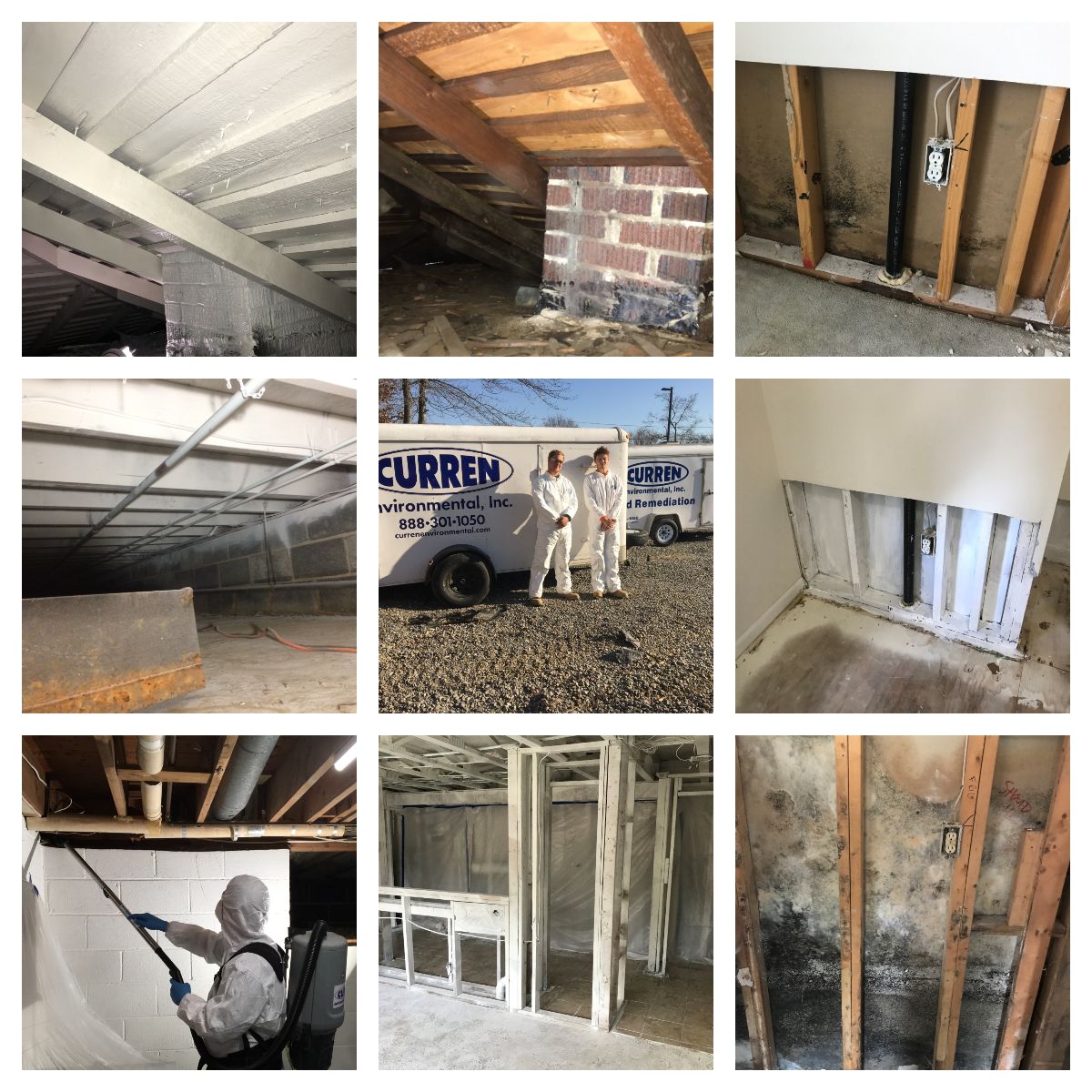Mold is a four-letter word and will bring out emotions in people. Some rational emotions, some not so rational. Compound that with the fact that when people have health concerns they blame mold as the source (sometimes correctly) of the health issues. Unfortunately, there are no federal regulations for mold and only 11 states have mold regulations so the ability to deal with a "mold professional" is severely limited even for people in states that have mold laws. What that means is, yes, you could get scammed with mold, but you could also get taken advantage of by a licensed contractor doing work on your home as well, you have all heard stories of contractors doing shoddy work or running off with deposit money.
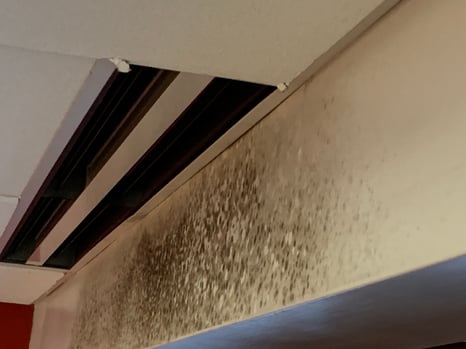
We find that the issue with mold is it is rarely discussed rationally by companies. By rational, we find that companies play off people's fears and emotions rather than address mold in a scientific fashion. Meaning assessing why mold is present, (there is always a reason), assessing how far the mold has spread and then developing a scope to remediate. The above photo shows mold by an HVAC air vent. Occupants of the office were concerned that mold is getting sucked into the duct and spreading throughout the office. It had to be explained that the duct is blowing air out not in. And no the duct was not filled with mold (ducts are metal 90% of the time and mold doesn't eat metal). The cause of the mold was an air leak in the wall that caused moisture to mix with air from the duct forming a nice environment for mold growth on the surface in the photo. A simple fix on the outside wall solved the issue. But our advice 100% contradicted the company that said every room in the office was at risk (there were over 34 rooms on the floor. We tested 20 of the rooms via air sampling to disprove the theory of widespread mold growth. This is what I mean by rational vs irrational. Oh, and rational saves money.
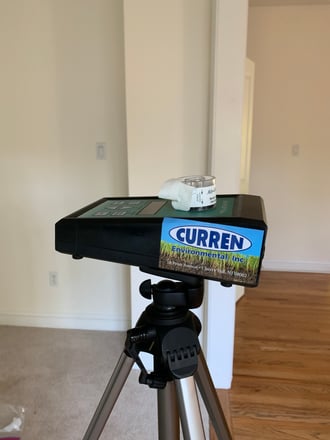
We are mold experts and have been for over 20 years. We consult on mold, test for mold, remediate mold and teach classes on mold. That said we can offer some free advice on the mold that could help you from being scammed.
First, if you feel like you are being taken advantage of, you likely are. This comes from many people who we have helped after they had the suspicion they were not being treated fairly.
Second, in sales, a common tactic is to push a sense of urgency (to close the deal). You have all no doubt experienced that when buying a car. Well with mold if you are being scared by a company regarding mold, that is a tactic to push a sale.
Third, this is the hard one, fact-check what you are told. Since so few states have licensing for mold, when an individual or company says they are licensed, verify it. I work in NJ, DE, and NJ and cannot hold a state license in any of those states because none exist. Nor do I profess to have a license in those states. 25 years of experience (thousands of sites remediated) is more or less the foundation of our skill set. And yes I would acquire a license if one becomes available.
Opinions (paid), and contracts for work should all be in writing clearly explaining what is proposed to be performed, the cost, and the duration of work. Most states have consumer fraud protection where work is required to be in writing, this is not always the case. As a general rule get it in writing. Such as someone saying mold is widespread and a large area needs remediation. Ok if that is the case, why? How did you determine that the situation was so severe?
Pro Tip
Anyone offering a free inspection is looking for work or should I say a problem. They are motivated to find a problem because that is where they will make money. Trust me the problem they find will be hyped, may not be much of a problem, and could even be a problem the owner could fix themselves. The problem is if you do not pay for advice, there will be bias regarding the free advice you obtain.
To be clear, most people you are going to speak to about mold are not experts. Even a company that does a mold inspection or mold testing likely does not have expertise in understanding the complexity of mold spores, growth, etc. Case in point we got the following question from Houston, Texas.
Do I need particle count + spore samples, or just spore samples in the known areas where mold is apparent? The contractor with particle count quoted me a price but yells at me when I mention testing. The other contractor with the spore samples approach does not have specialized particle count equipment. He takes the approach that we know where we see/smell the problem, and once the spores are tested, we will know more about how to fix it.
Do you know what the person is asking? There are only 4 sentences, so what you can derive from them is that mold is visible (EPA says testing is not required when visible mold growth is present). So each party is recommending some form of testing, but why? The question is what caused the mold growth? (this is important so mold doesn't grow back). The next question is what will it take to address the mold? Lastly, both contractors are saying to do different testing, what is not explained is that there are no Federal standards so what would the testing be compared against?
If you see visible mold, you should address it and its cause of it. A qualified mold inspector and/or remediator can figure this out. Doesn't look like either person involved is qualified. (yelling is never an acceptable form of communication.)
Are there companies that do shoddy mold work, for sure like any other service you can get bad service? Do you want expert mold advice? Call Curren.

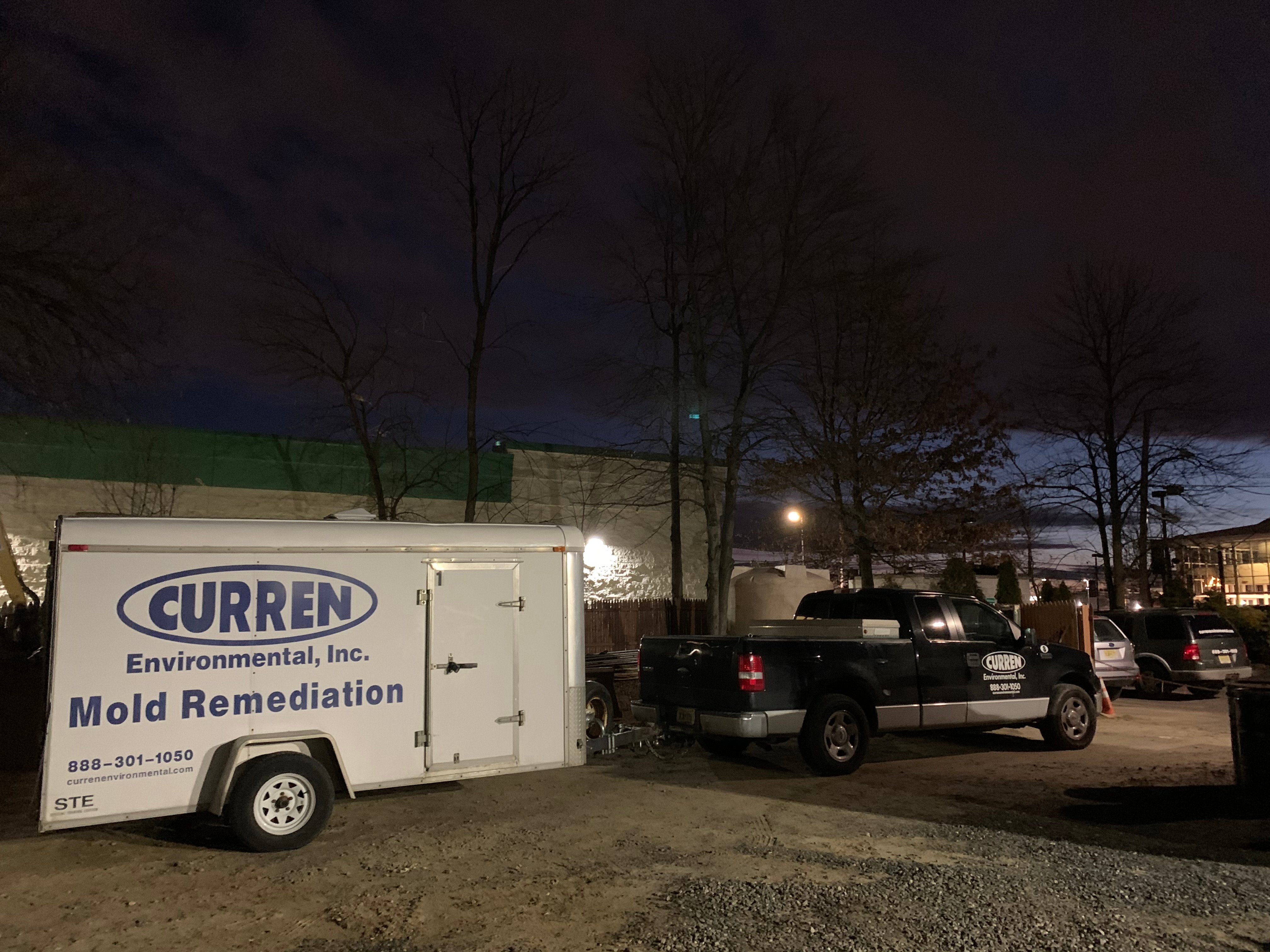
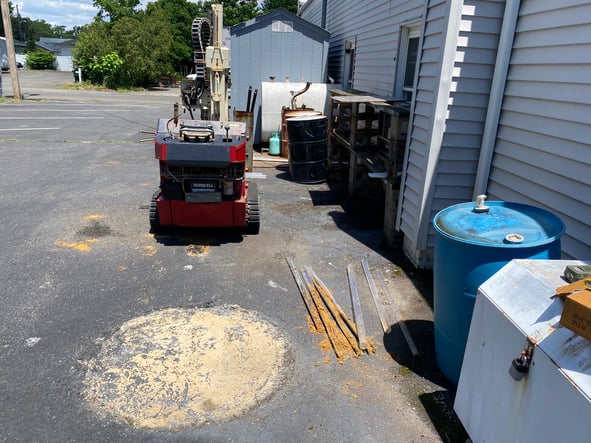

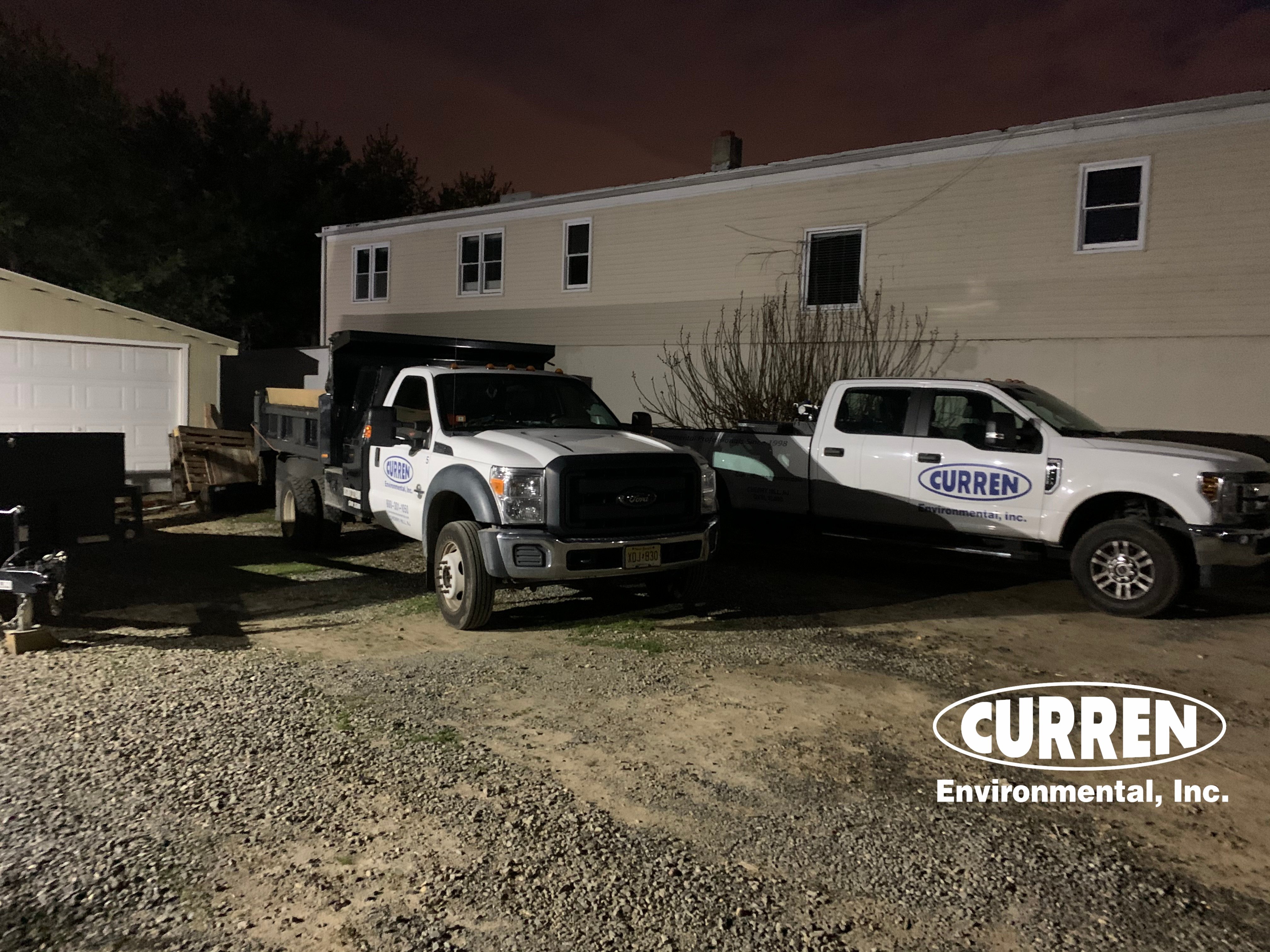






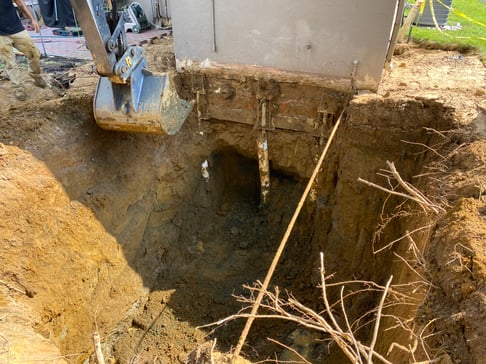
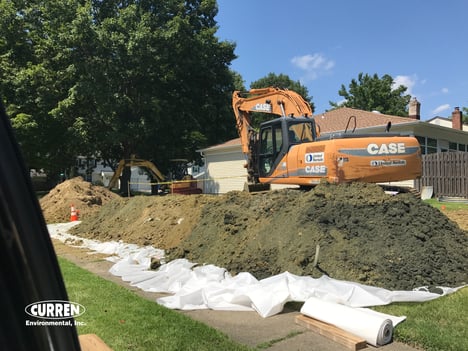
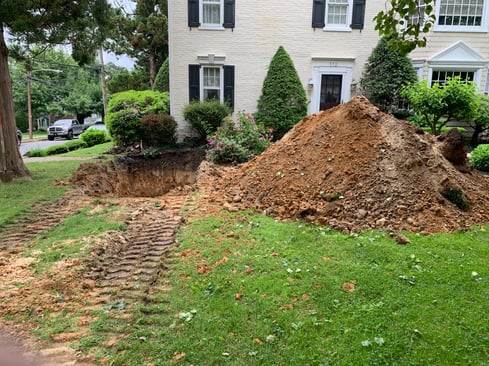
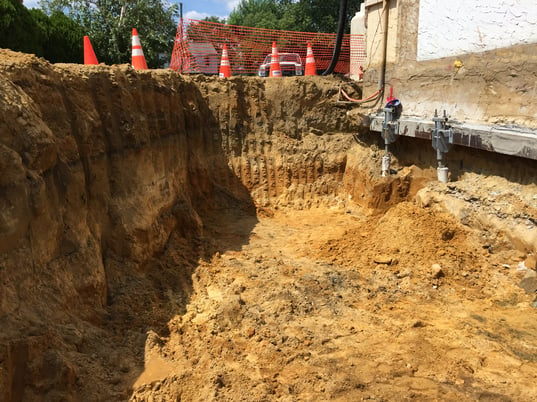

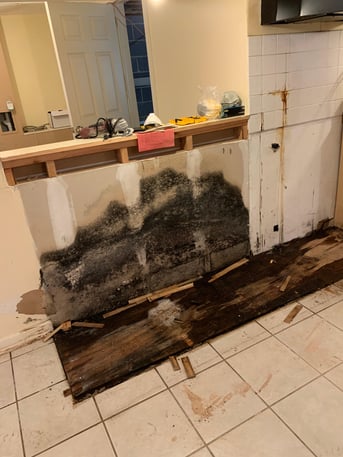 Do not buy into the Black Mold Myth. If black mold was real, do you not think there would be other molds named after colors? Like white mold, grey mold, and even pink mold, because those colors of mold all exist too. There are no molds named after colors, molds, for the most part, have hard-to-pronounce names, so having them named after colors would certainly make them easier to pronounce. There are many different molds that are black in color and to have a mold identified, a sample goes directly to a laboratory where they look at the mold sample under a high-powered microscope for spore/fungal identification. What does that tell you? Well, no one who looks at mold with the naked eye cannot tell you the spore type, just isn't possible (maybe they can guess).
Do not buy into the Black Mold Myth. If black mold was real, do you not think there would be other molds named after colors? Like white mold, grey mold, and even pink mold, because those colors of mold all exist too. There are no molds named after colors, molds, for the most part, have hard-to-pronounce names, so having them named after colors would certainly make them easier to pronounce. There are many different molds that are black in color and to have a mold identified, a sample goes directly to a laboratory where they look at the mold sample under a high-powered microscope for spore/fungal identification. What does that tell you? Well, no one who looks at mold with the naked eye cannot tell you the spore type, just isn't possible (maybe they can guess).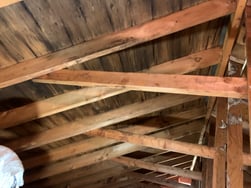 To put mold into laser focus, if you have mold, you don't have a mold problem, you have a water/moisture issue. Mold is the by-product of the water issue. So when you remediate mold (mold removal is called remediation) you better fix the water issue or it will come back. And yes, we remediate mold and have had to remediate sites where mold was previously remediated but the water issue was not resolved.
To put mold into laser focus, if you have mold, you don't have a mold problem, you have a water/moisture issue. Mold is the by-product of the water issue. So when you remediate mold (mold removal is called remediation) you better fix the water issue or it will come back. And yes, we remediate mold and have had to remediate sites where mold was previously remediated but the water issue was not resolved.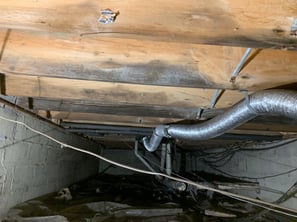 Let me go even further into the mold. I think we can agree that mold is not a selling feature for real estate. If you have mold and there is an exposure pathway, meaning you are going to encounter it, (I give a pass to mold growing outside your home) the mold should be remediated. I say should there is no law saying a home or office must remediate mold, but doing so is generally considered a positive thing. The issue with addressing mold is the Standard of Service (SOS) you receive. The rub with mold remediation is there are no federal laws regulating mold and at the time of this article only 11 states have mold regulations, so chances are if you have a mold problem you are in an unregulated state. What does that mean? It means that the company or individual you hire holds no state license and there is no SOS they must follow. I say this because I live it.
Let me go even further into the mold. I think we can agree that mold is not a selling feature for real estate. If you have mold and there is an exposure pathway, meaning you are going to encounter it, (I give a pass to mold growing outside your home) the mold should be remediated. I say should there is no law saying a home or office must remediate mold, but doing so is generally considered a positive thing. The issue with addressing mold is the Standard of Service (SOS) you receive. The rub with mold remediation is there are no federal laws regulating mold and at the time of this article only 11 states have mold regulations, so chances are if you have a mold problem you are in an unregulated state. What does that mean? It means that the company or individual you hire holds no state license and there is no SOS they must follow. I say this because I live it. 

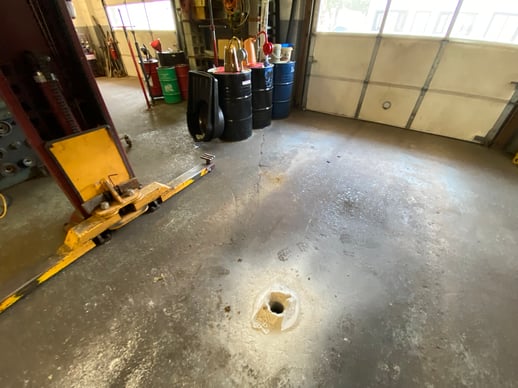
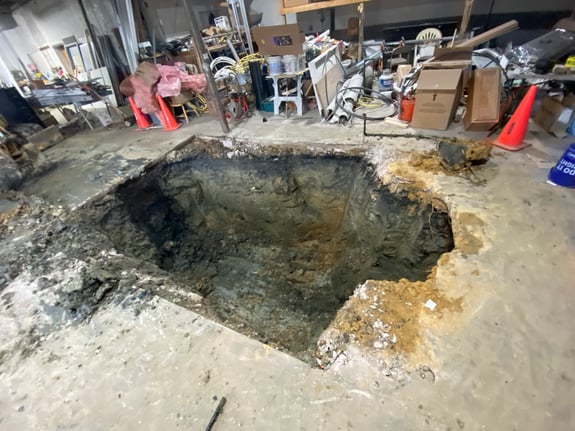
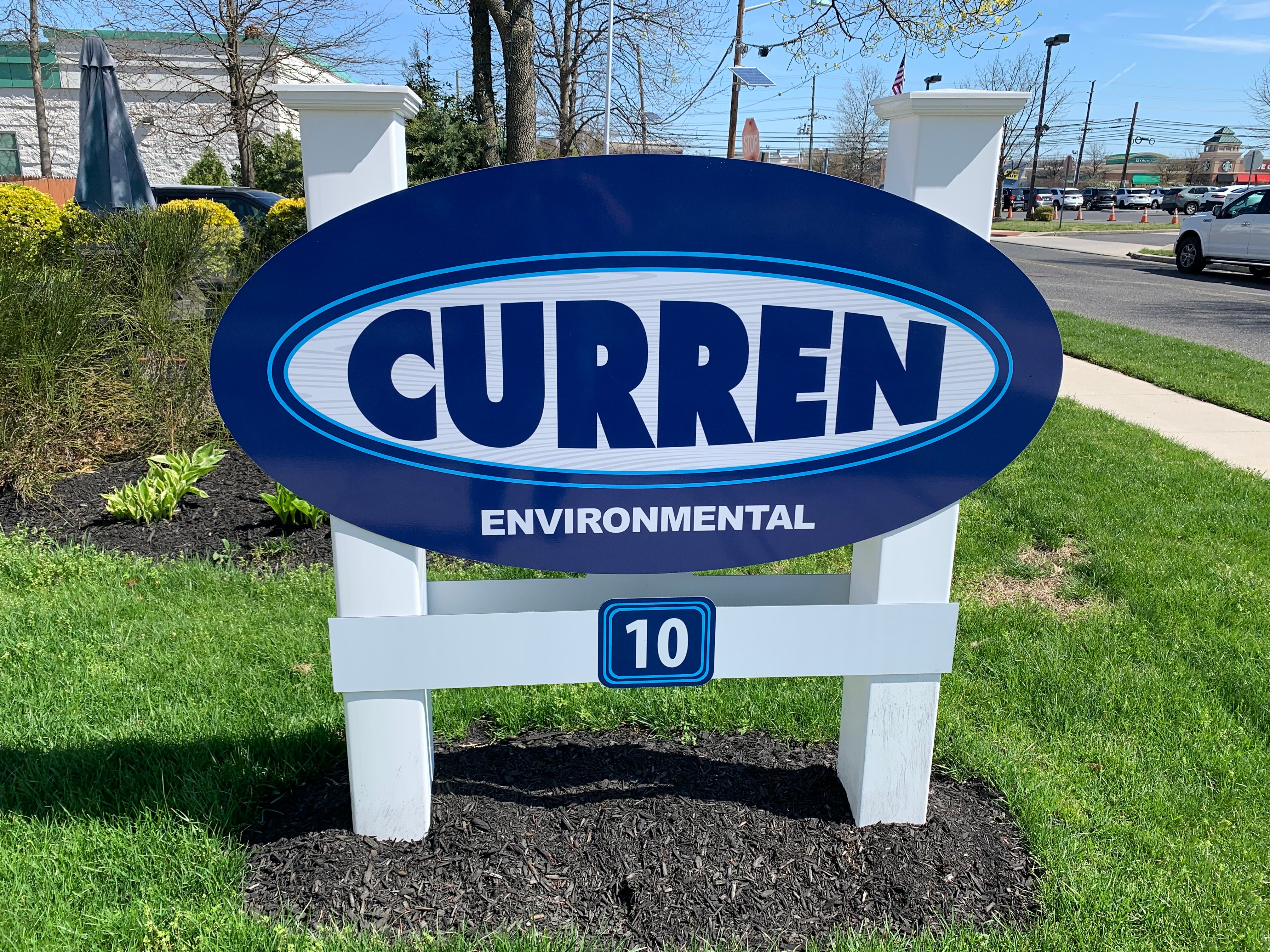

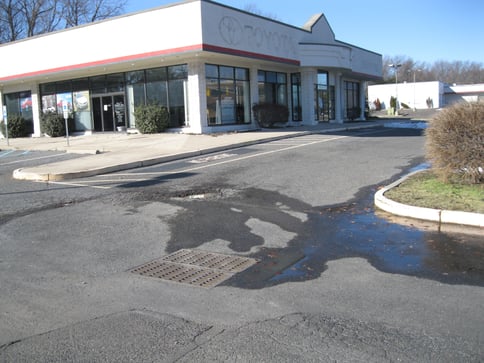
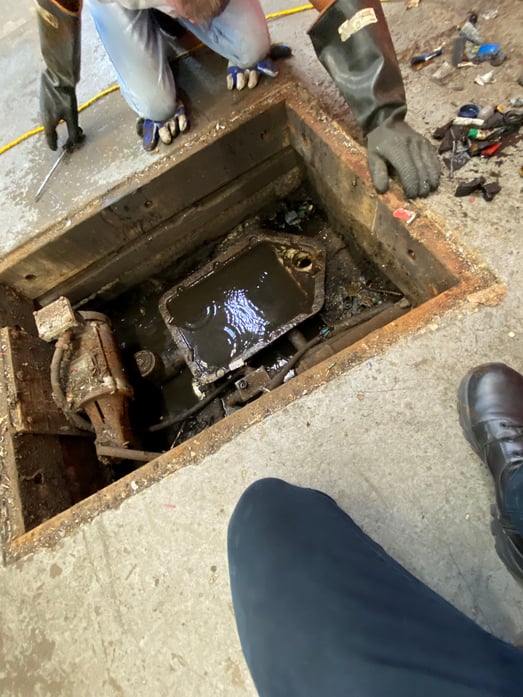
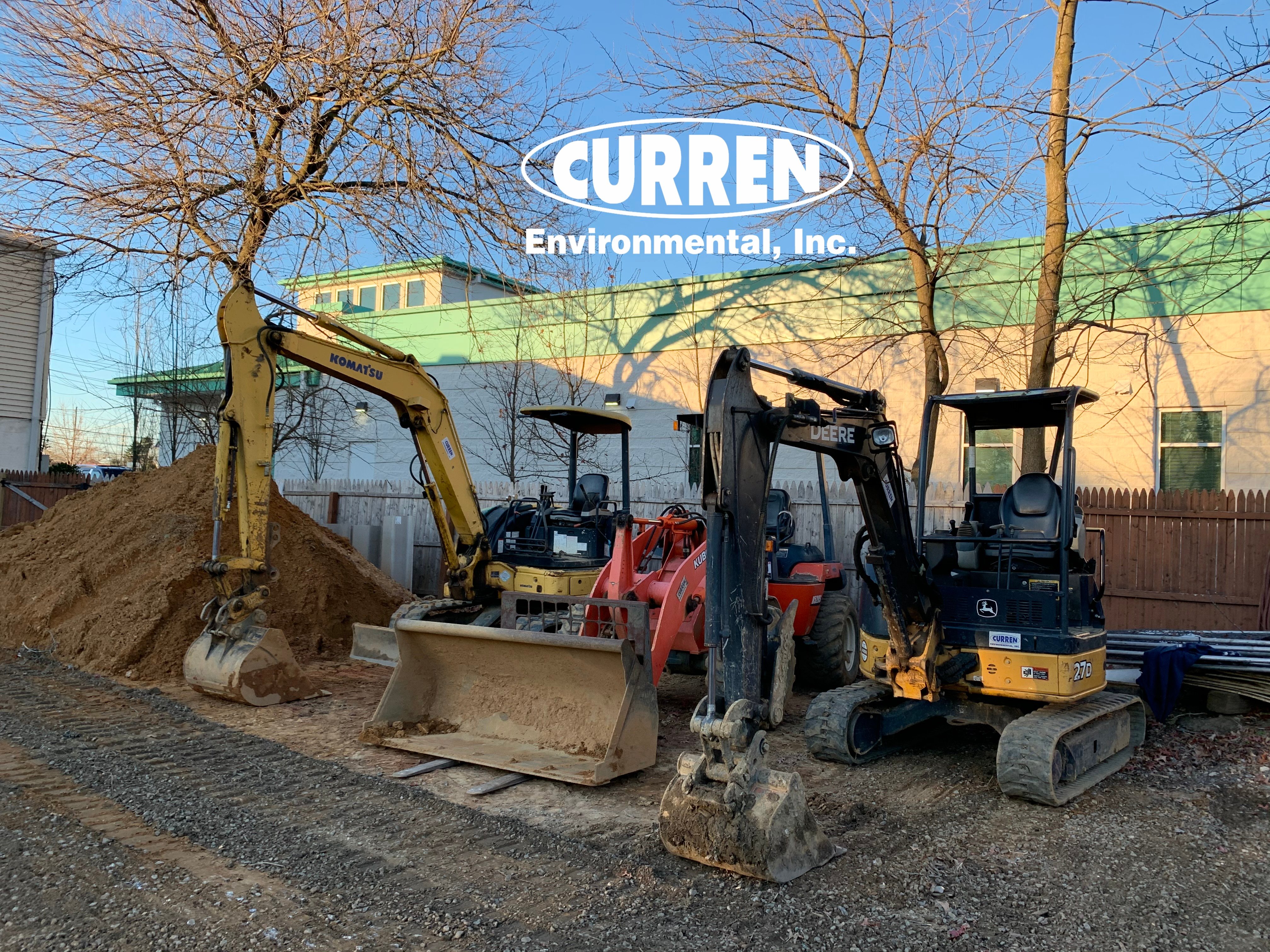
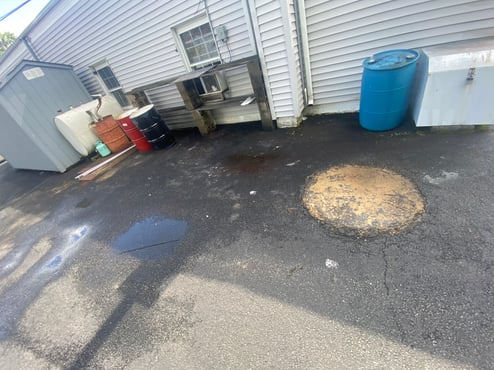
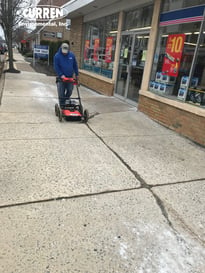
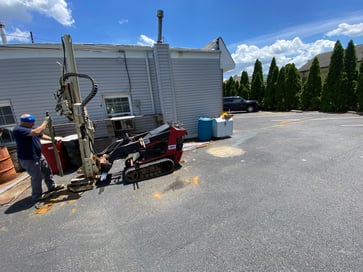
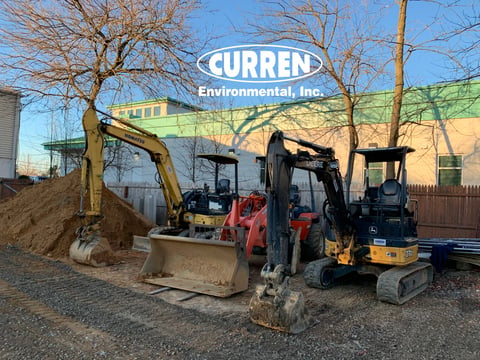
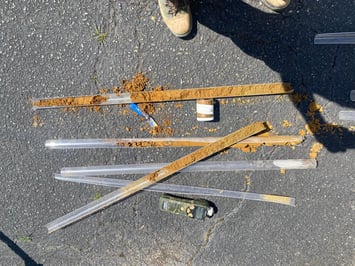
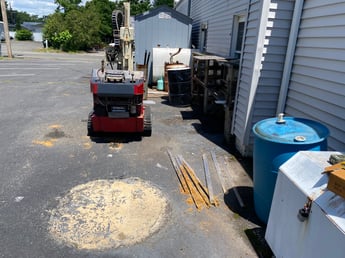
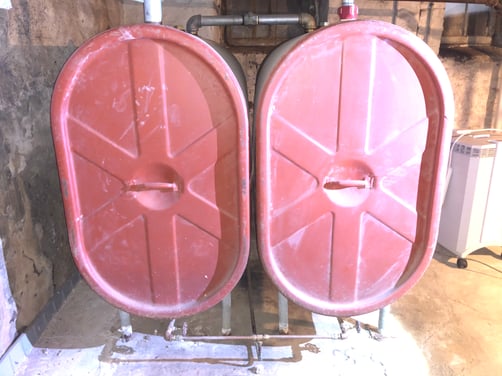
.jpg?width=448&name=Photo%20Dec%2018%2c%2012%2016%2004%20PM%20(1).jpg)
